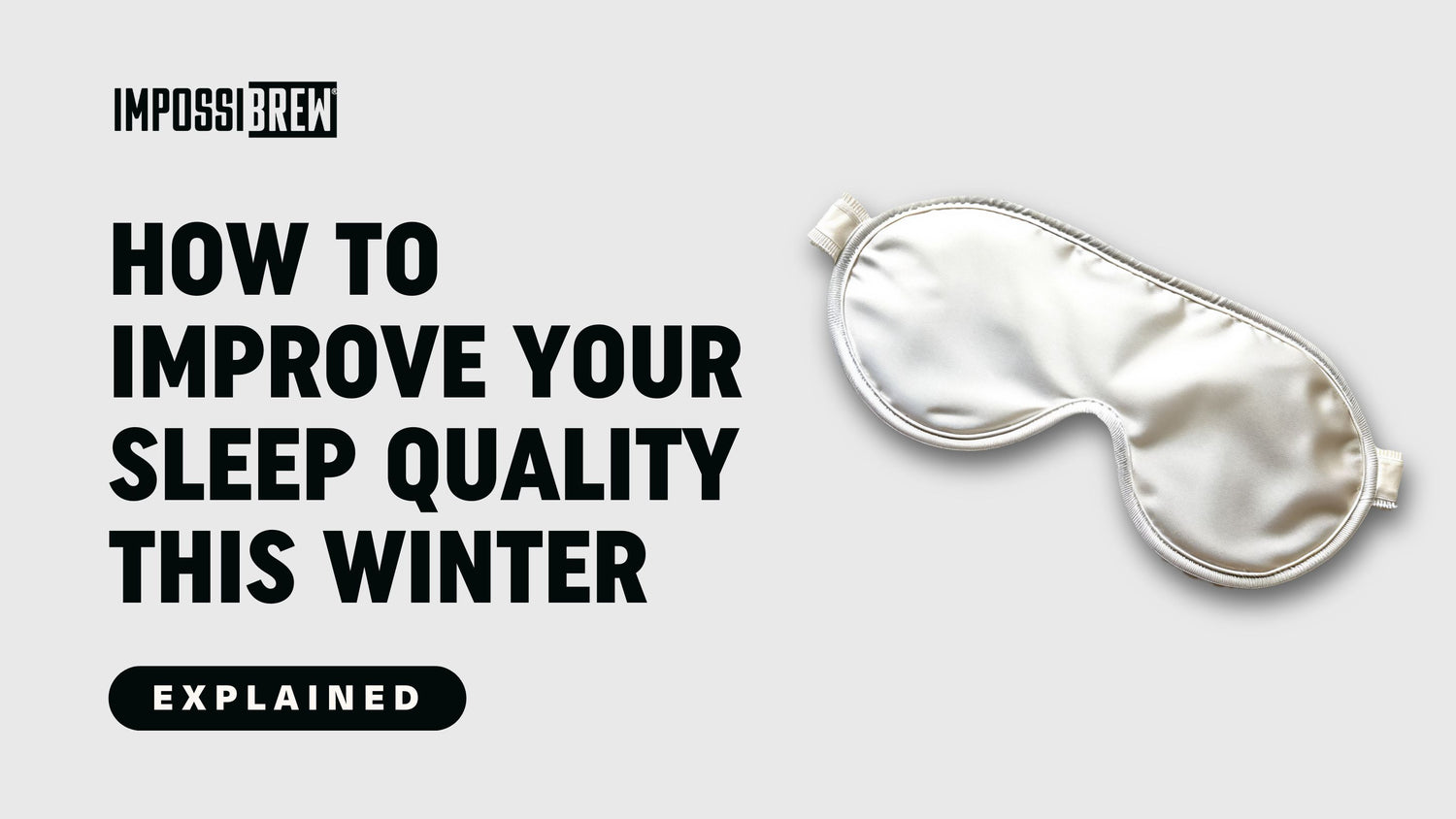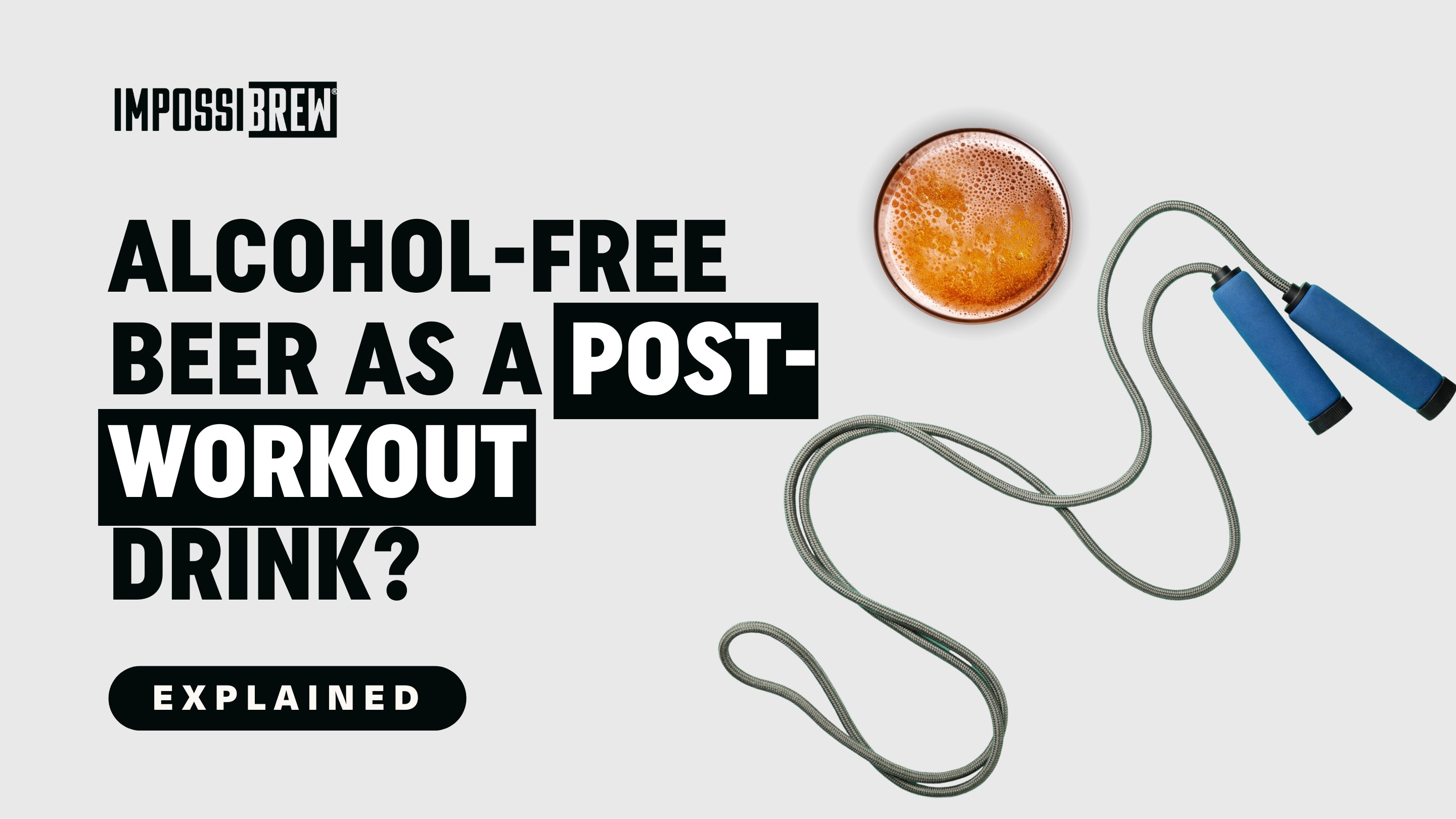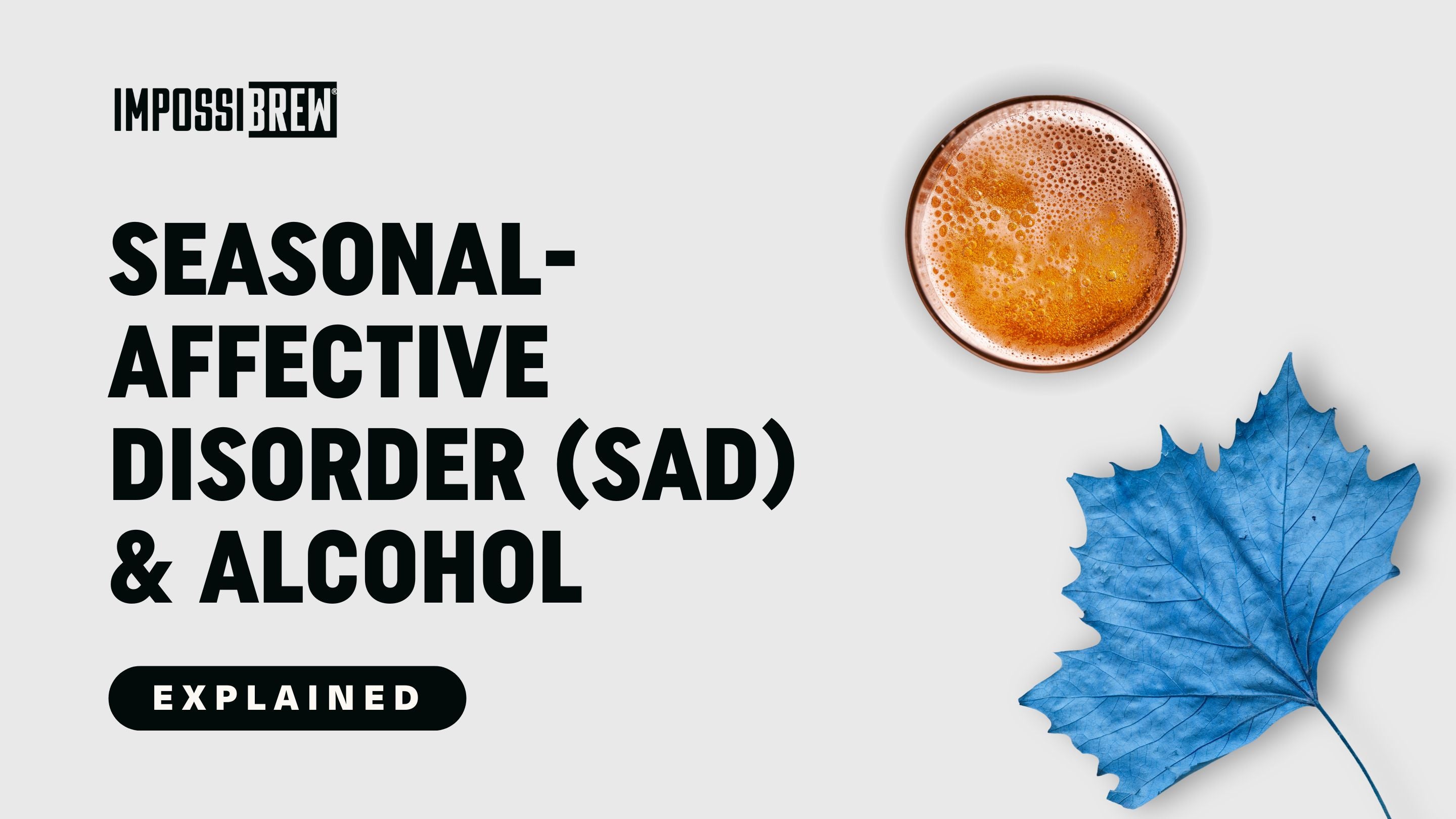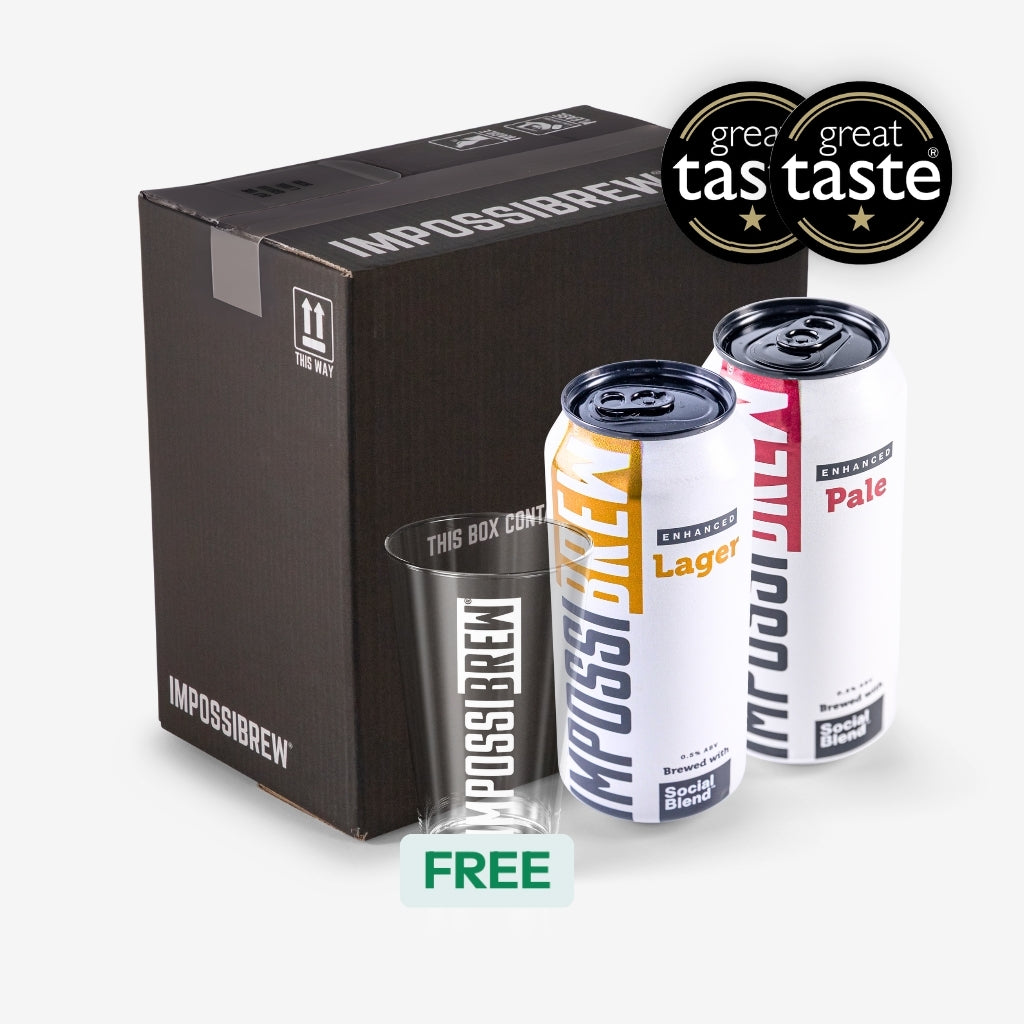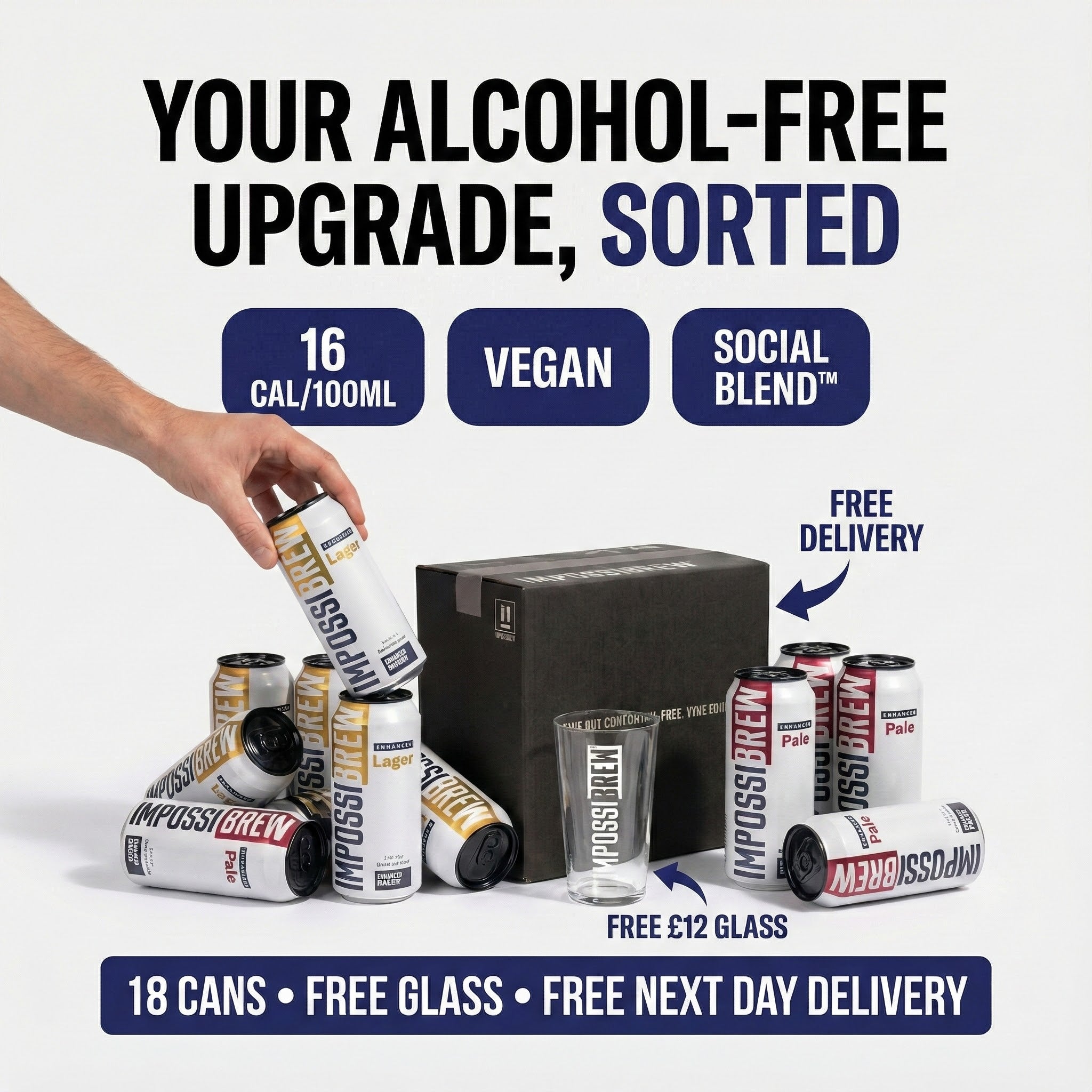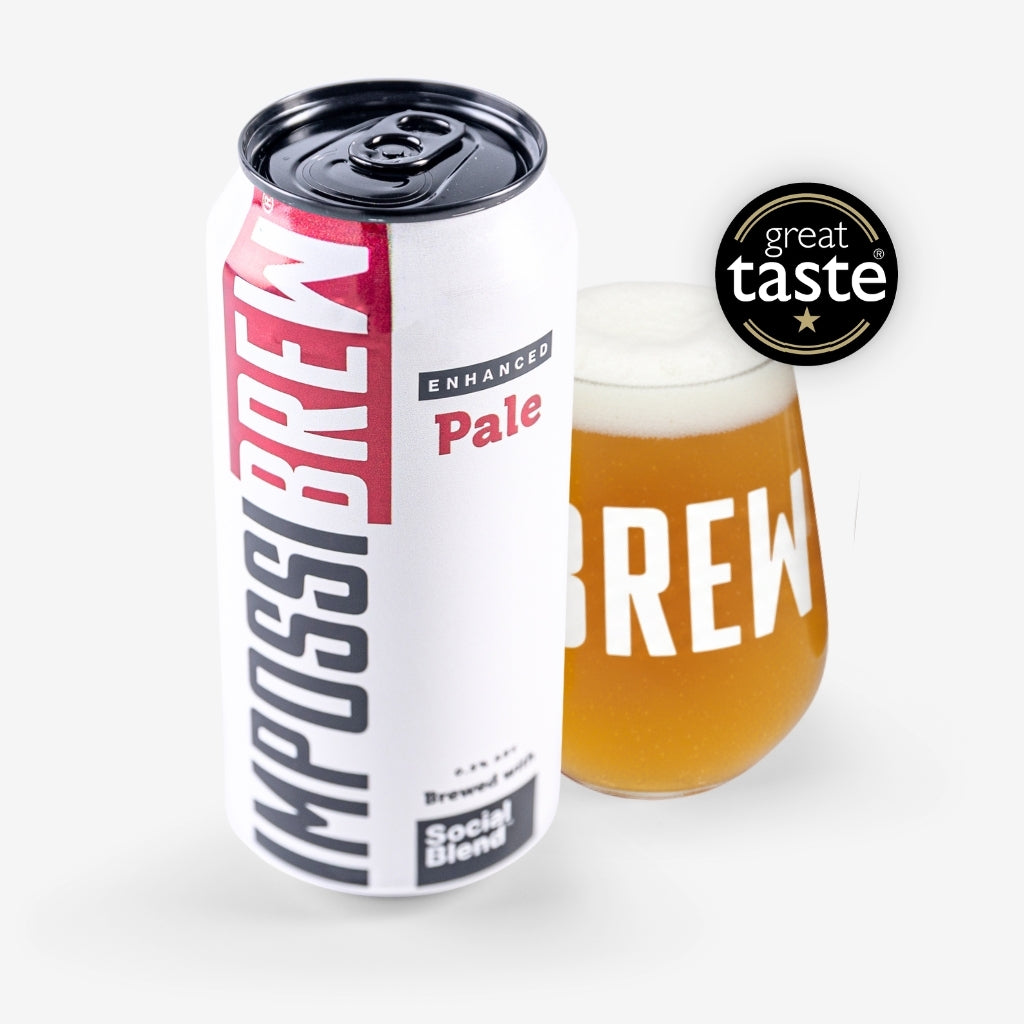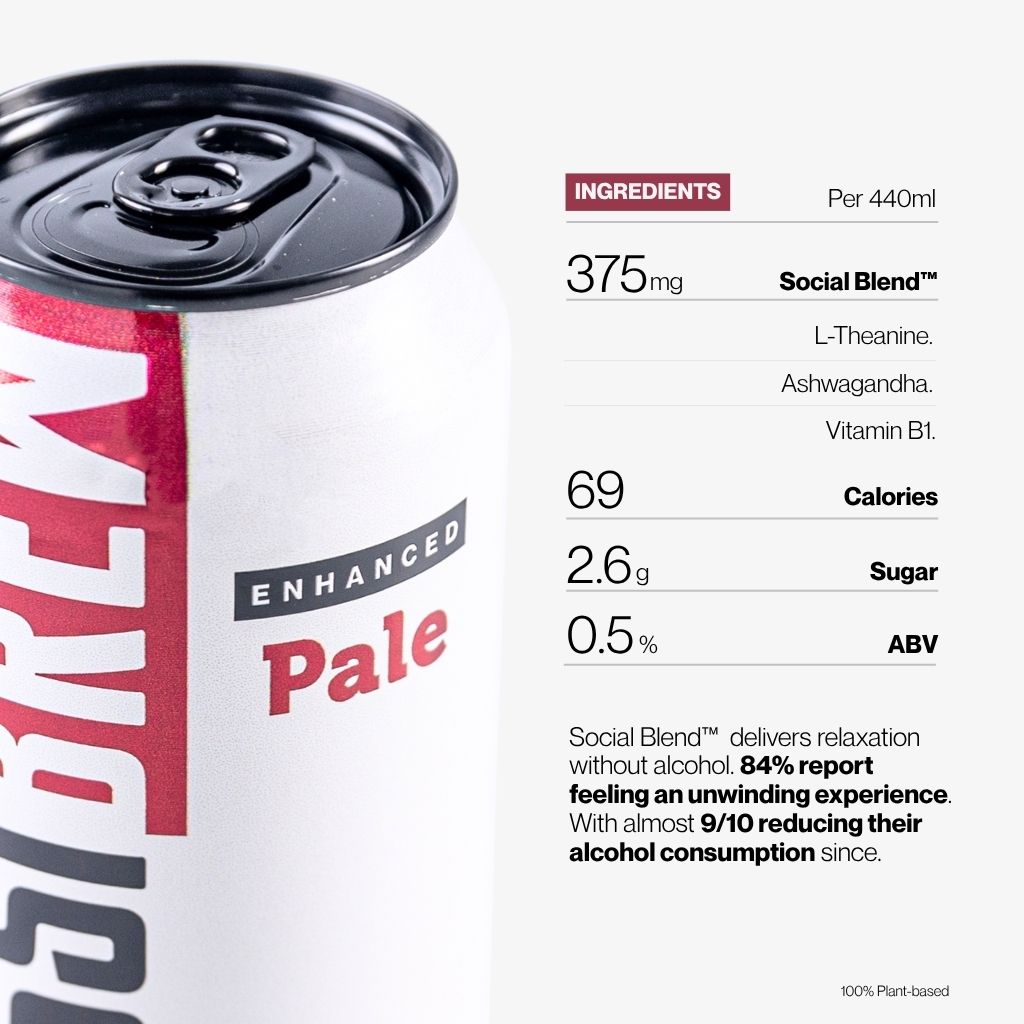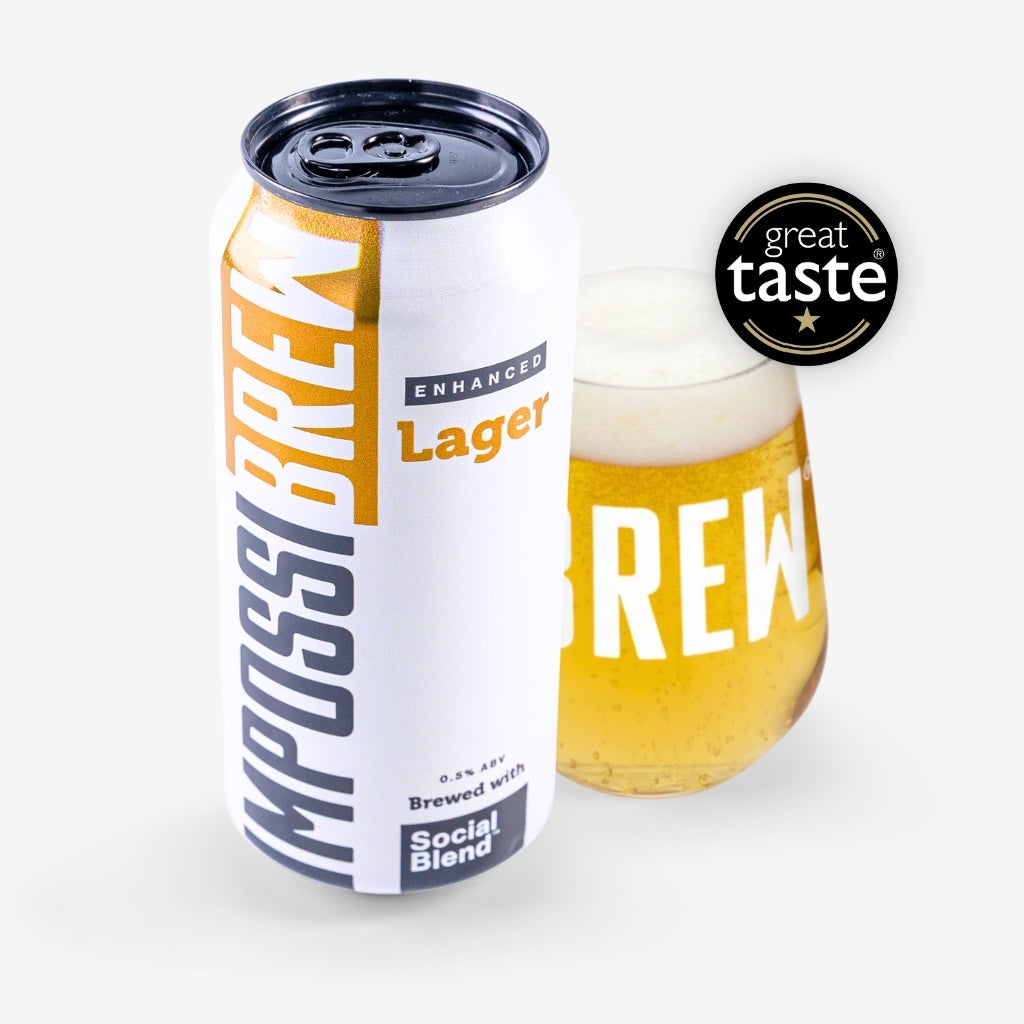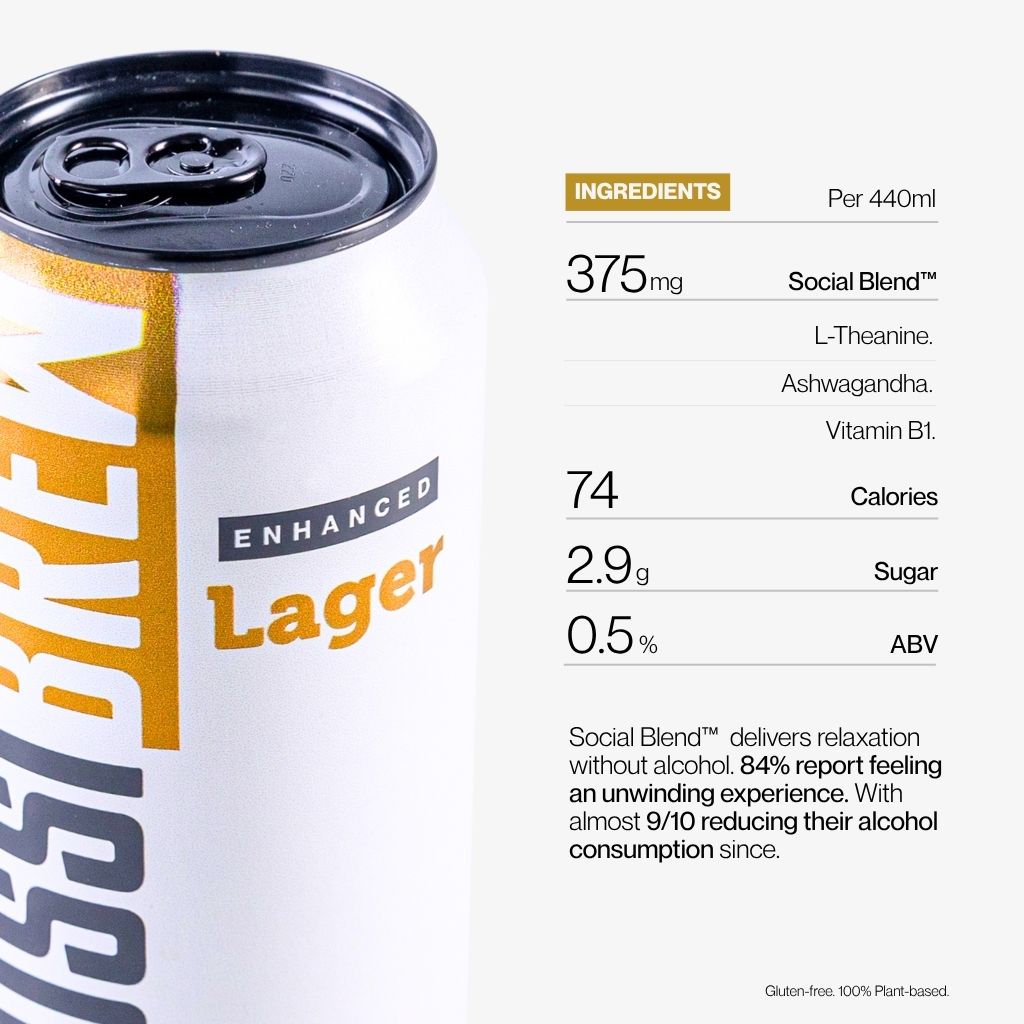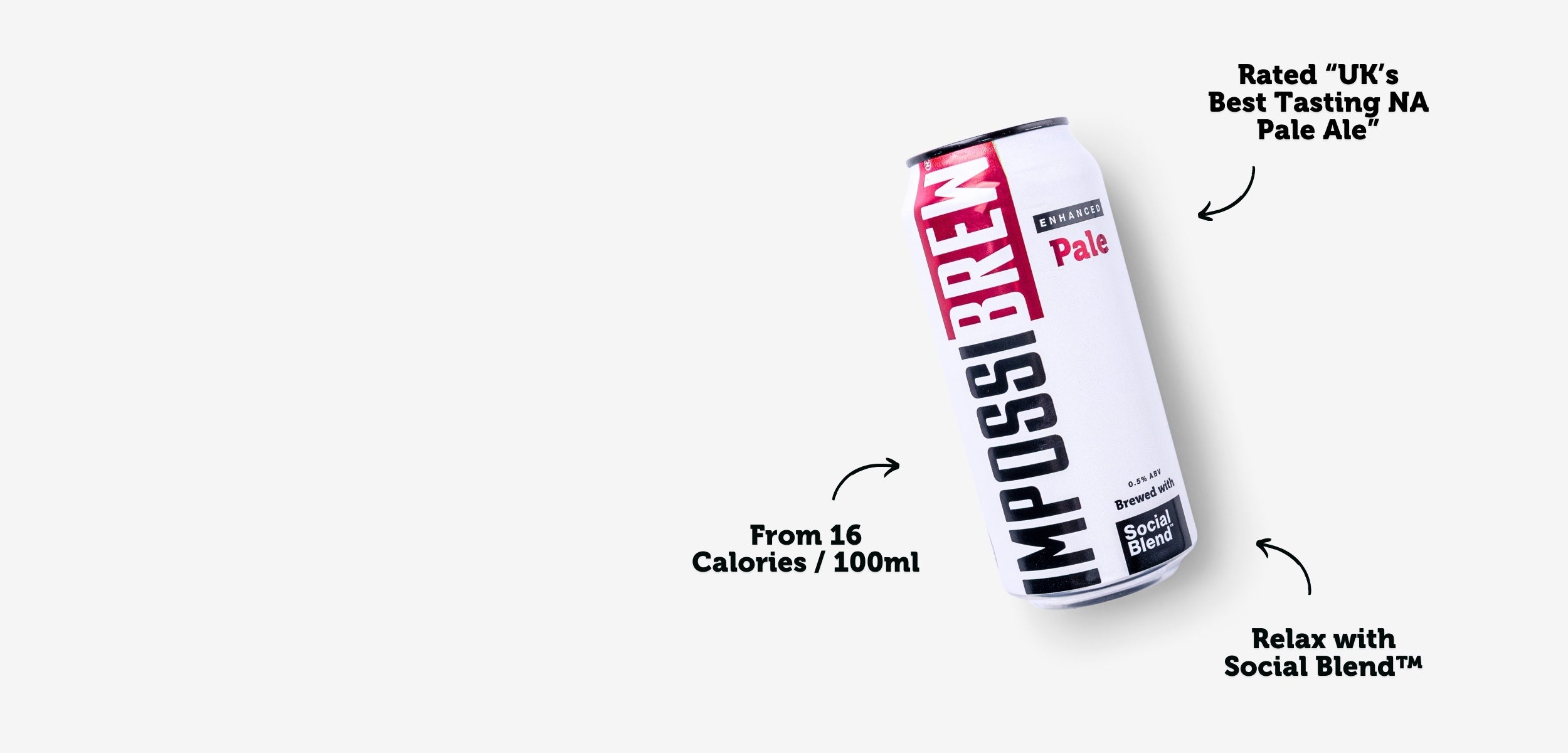The Impact of Winter on Your Sleep: How Alcohol-Free Alternatives Can Help
As the days grow shorter and the nights longer, many of us find ourselves struggling with our sleep patterns. The change in seasons can leave us tossing and turning, desperately seeking a good night's rest. Here's why.
Why Winter Wreaks Havoc on Our Sleep
Ever wonder why you feel like hibernating when winter rolls around? There's solid science behind it:
Less Sunlight, More Melatonin
Shorter days mean less exposure to natural light. This throws our circadian rhythm for a loop.
Research shows that reduced sunlight exposure leads to increased melatonin production. A study in the journal Frontiers in Neuroscience found that humans experience 30 minutes more REM sleep in winter compared to summer.
This extra melatonin can make us feel drowsy during the day, but paradoxically, it can disrupt our sleep at night.
The Cold Truth
Colder temperatures affect our sleep quality too. Our bodies naturally cool down as we prepare for sleep, but if it's too cold, we might struggle to drift off.
A study in the Journal of Physiological Anthropology found that exposure to cold temperatures before bedtime can delay the onset of sleep and reduce sleep quality.
The Alcohol Trap: Why It's Not Your Sleep Saviour
When the winter blues hit, it's tempting to reach for a nightcap. But here's why alcohol might actually do the opposite of what we hope it will:
Disrupted Sleep Cycles
While alcohol might help you fall asleep faster, it wreaks havoc on your sleep cycles. Research published in "Alcoholism: Clinical & Experimental Research" shows that alcohol reduces REM sleep, the crucial stage for memory consolidation and emotional processing.
Dehydration Station
Alcohol is a diuretic, meaning you'll take more trips to the bathroom at night. This can lead to dehydration, which further disrupts sleep. A study in the journal "Sleep" found that even mild dehydration can negatively impact sleep quality.
The Sugar Saboteur
Ever had a couple of pints and found yourself tossing and turning at 4am? The culprit might be the sugar in your beer. Regular beers often contain significant amounts of sugar, which can cause rapid spikes and drops in blood glucose levels.
A study published in the "Journal of Clinical Sleep Medicine" found that higher sugar intake is associated with more restless sleep and increased nighttime awakenings. This sugar roller coaster can leave you wide awake when you should be fast asleep.
Alcohol-Free Alternatives: Your Winter Sleep Allies
So, what's a sleep-deprived soul to do? Try alcohol-free alternatives:
The Power of Hops
Non-alcoholic beers, especially those containing hops, can be a game-changer for sleep. A study in "PLOS One" found that the hops in non-alcoholic beer increased the activity of GABA, a neurotransmitter that promotes sleep.
IMPOSSIBREW®: The Sleep-Friendly Option
Here's where IMPOSSIBREW® comes in. The Enhanced alcohol-free beer gives you a relaxing wind-down feeling without the sleep-disrupting effects of alcohol. The proprietary Social Blend™ alcohol-alternative blend is designed to help you unwind without compromising your sleep quality.
The L-Theanine Advantage
One of the key ingredients in IMPOSSIBREW®'s Social Blend™ is L-theanine, an amino acid found naturally in tea leaves. L-theanine has been shown to have significant sleep-promoting effects:
- A study in the journal "Nutrients" found that L-theanine improved sleep quality in both animals and humans.
- Research published in the "Journal of American College of Nutrition" showed that L-theanine reduced stress-related symptoms and improved sleep in healthy adults.
- L-theanine works by increasing levels of GABA, serotonin, and dopamine - neurotransmitters that regulate mood, alertness, and sleep.
Herbal Teas
Chamomile, valerian root, and passionflower teas have been shown to improve sleep quality. A study in "Molecular Medicine Reports" found that chamomile tea significantly improved sleep quality in elderly individuals.
Tips for Winter Sleep Success
- Stick to a consistent sleep schedule, even on weekends
- Aim for 7-9 hours of sleep per night
- Create a cool, dark sleep environment (ideal temperature: 15-19°C)
- Limit screen time before bed (blue light can suppress melatonin production)
- Stay hydrated (aim for 2-3 litres of water per day)
- Try IMPOSSIBREW® as your evening wind-down drink
FAQs
Is the 0.5% ABV in non-alcoholic beer enough to affect sleep?
No, the trace amount of alcohol in 0.5% ABV drinks is effectively zero. In fact, everyday foods like ripe bananas, orange juice, and burger rolls often contain more alcohol.
How long before bed should I stop drinking fluids?
Try to limit fluid intake 2 hours before bedtime to reduce nighttime bathroom trips. However, a small amount of IMPOSSIBREW® or herbal tea shouldn't disrupt your sleep.
Can non-alcoholic beer really help me sleep?
Yes! The hops in non-alcoholic beer have been shown to have sedative effects. Plus, the ritual of enjoying a beer-like drink can help you unwind without the negative effects of alcohol. With IMPOSSIBREW®, you get the added benefits of L-theanine for even better sleep support.
Winter might be tough on our sleep, but with the right strategies and alcohol-free alternatives like IMPOSSIBREW®, you can sail through the season feeling refreshed and well-rested. Sweet dreams!

